Irshad’s ability to challenge us to think deeply, act boldly, and lead with vulnerability, empathy and integrity has left an indelible mark on me as a leader and person.
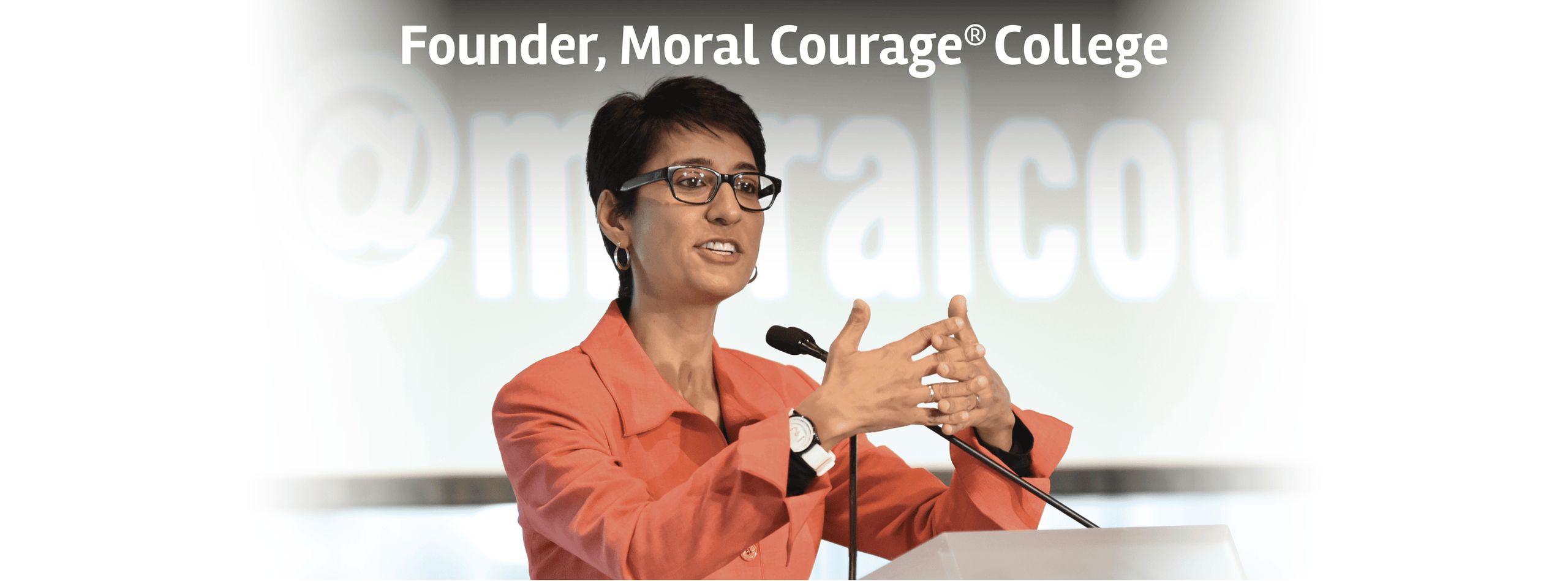
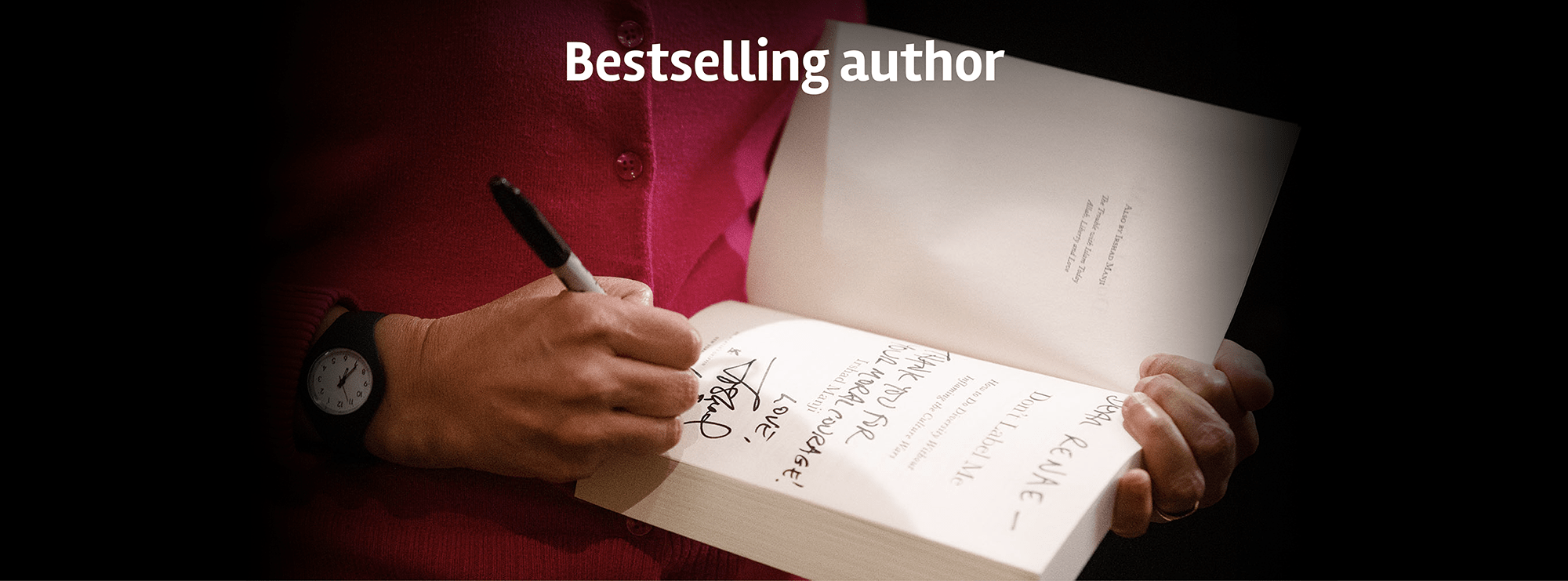
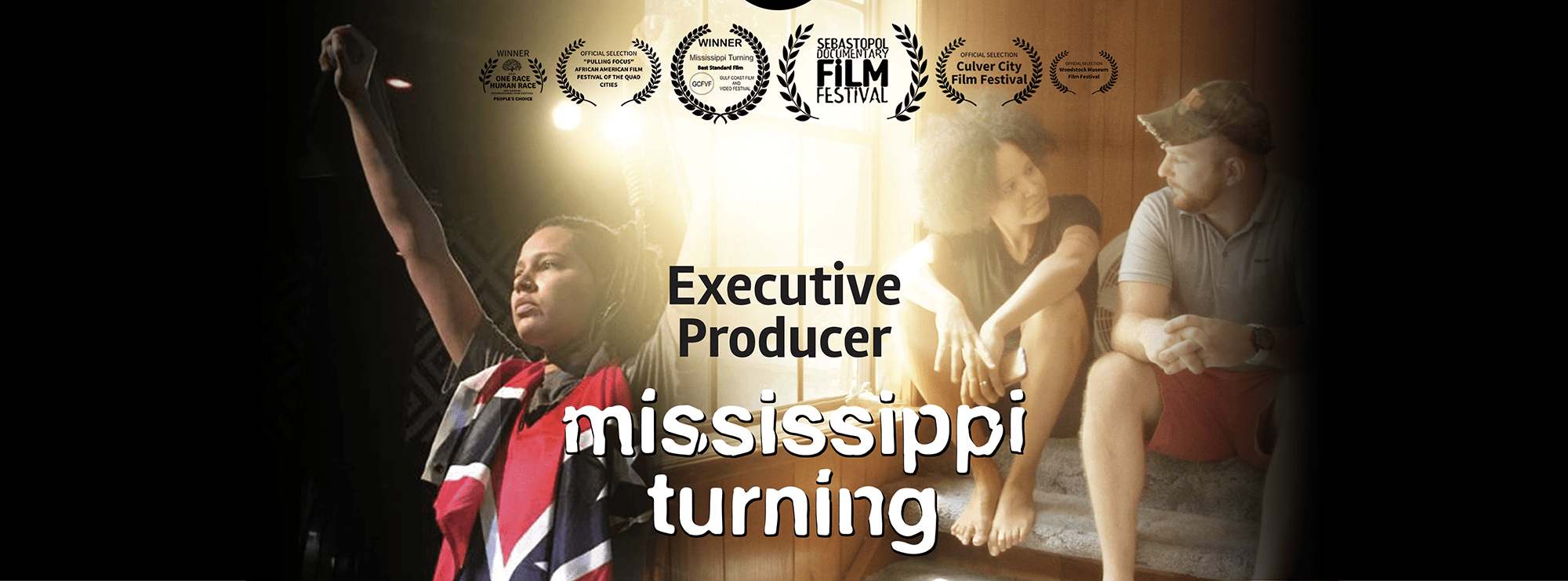
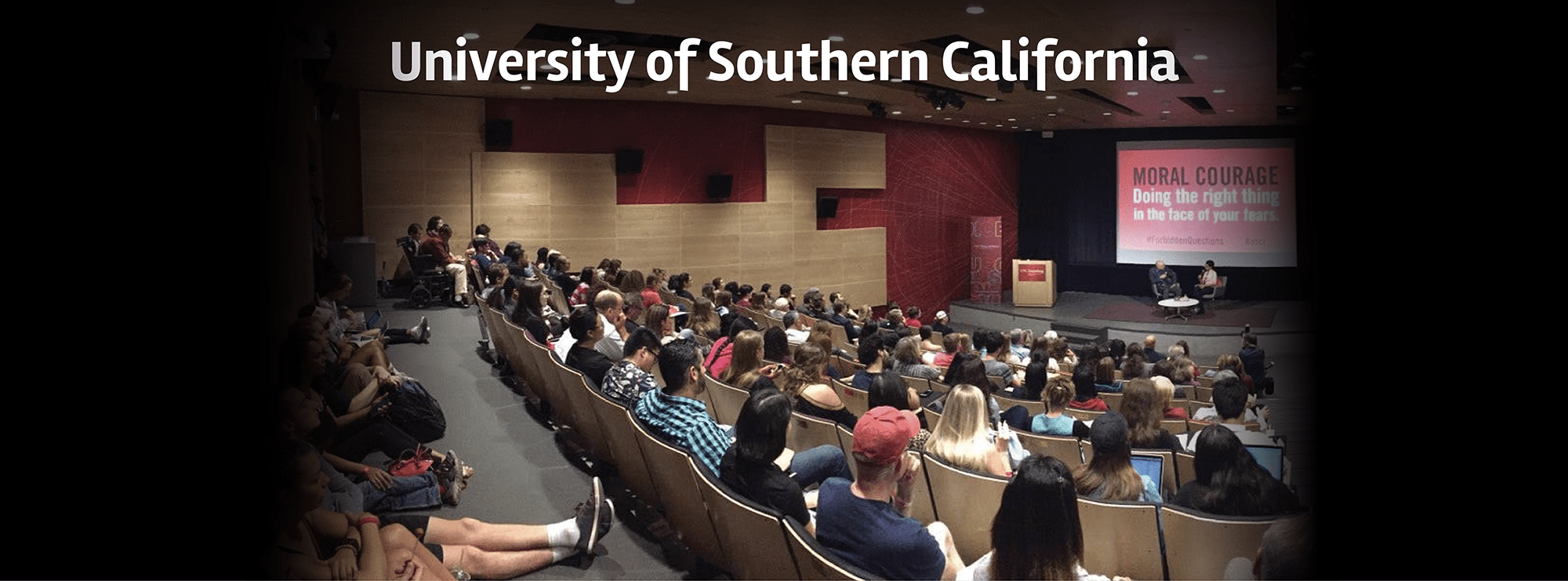
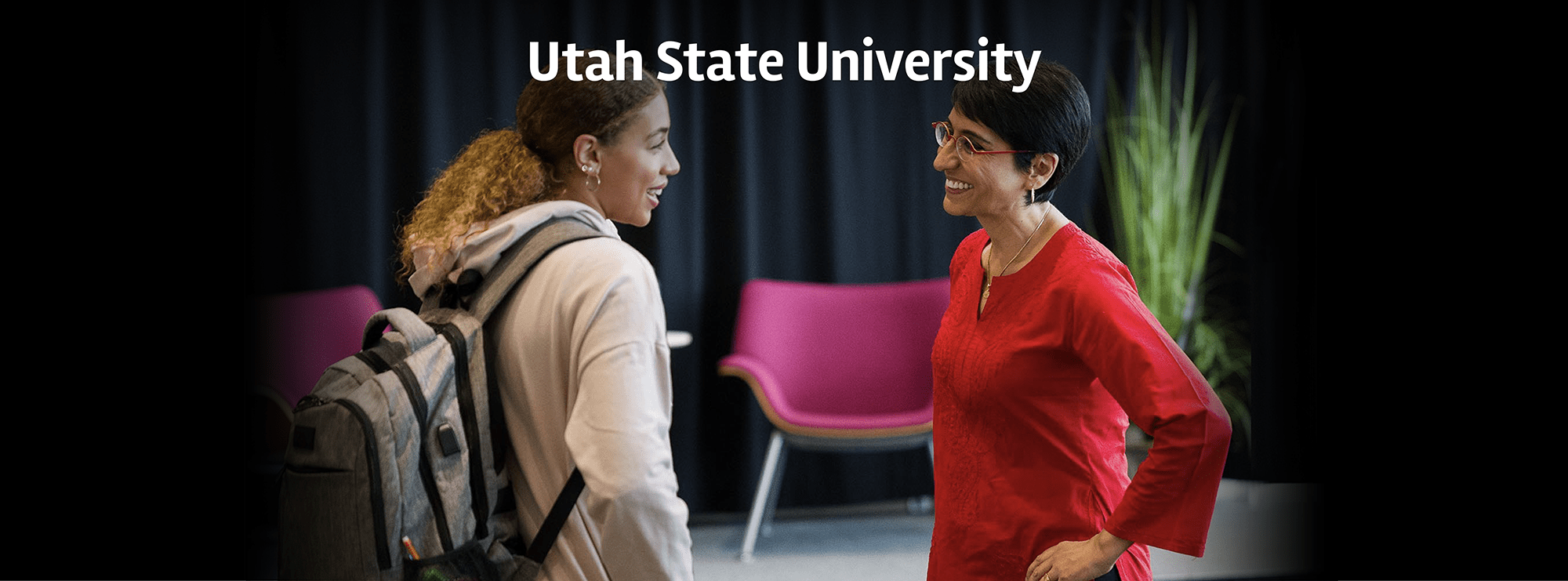
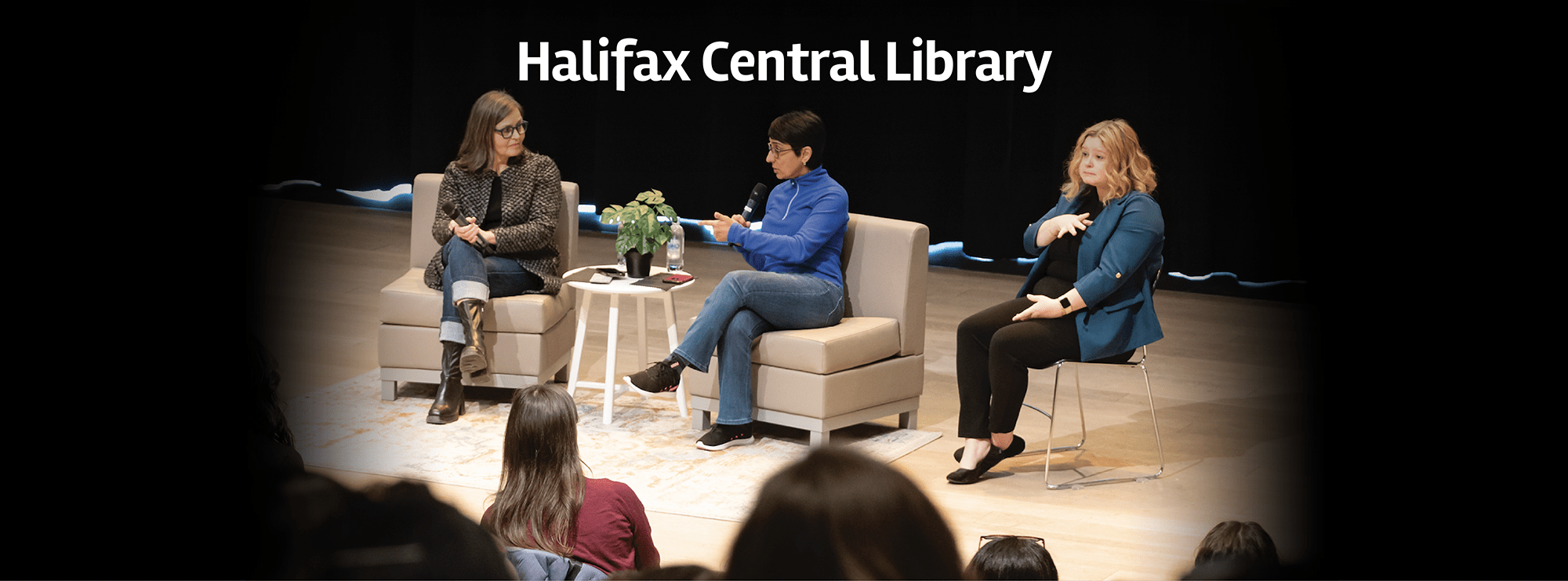
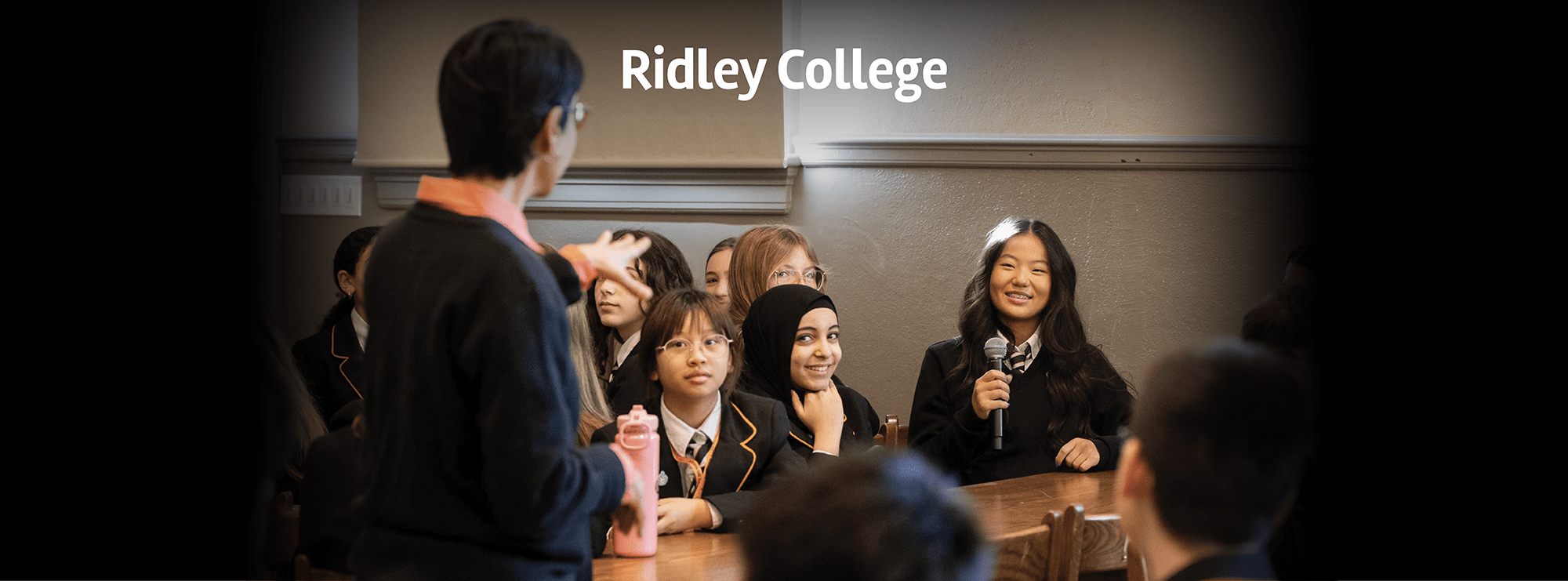
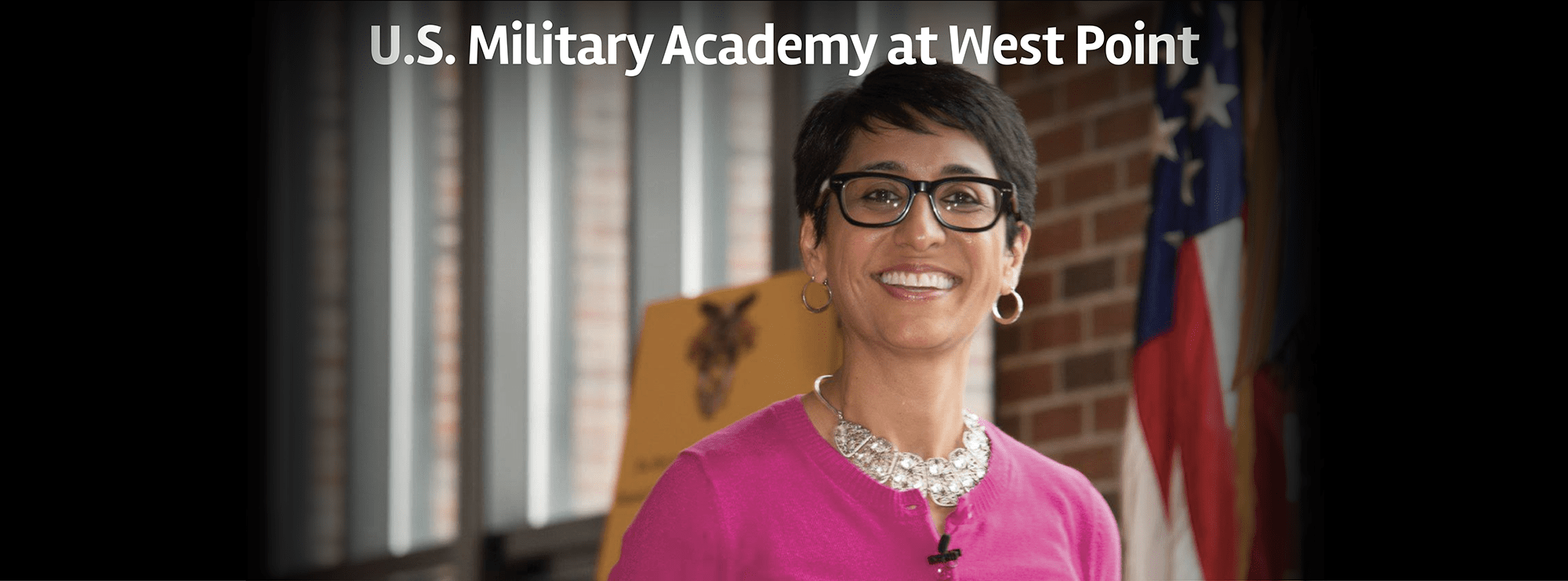
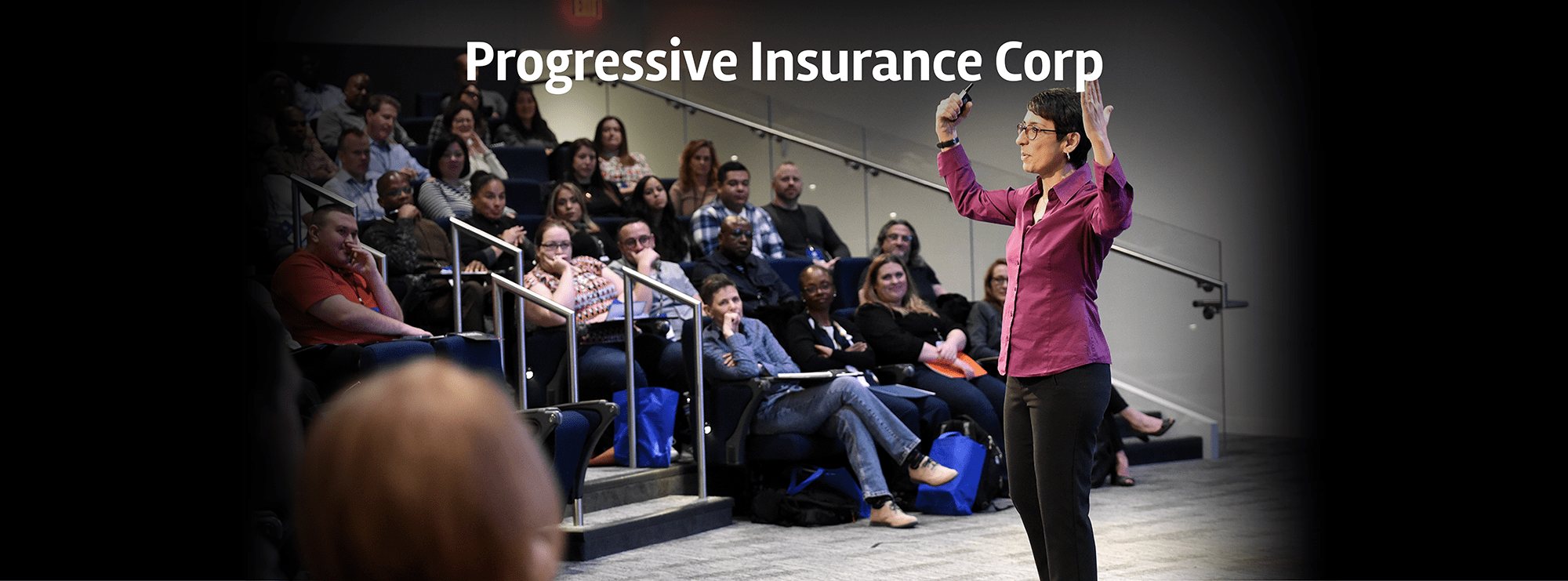
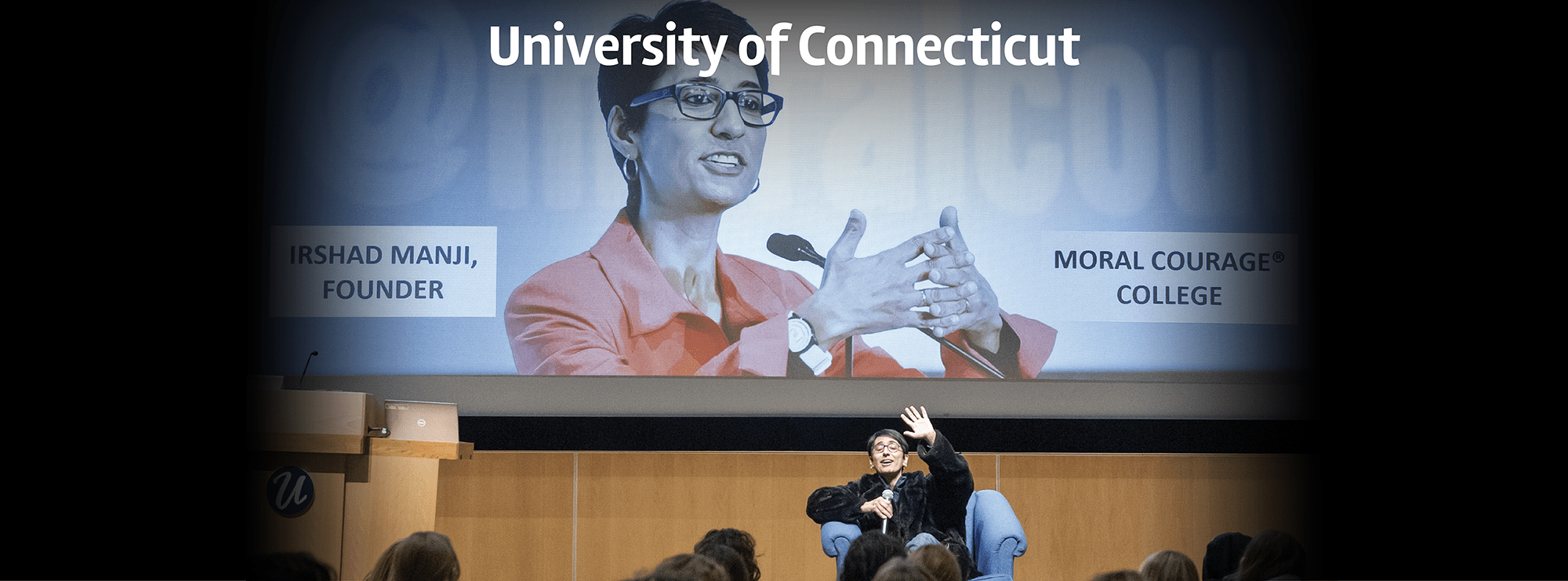
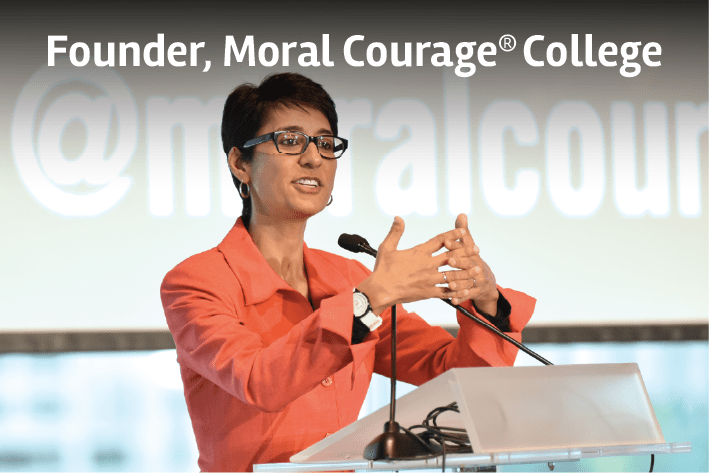
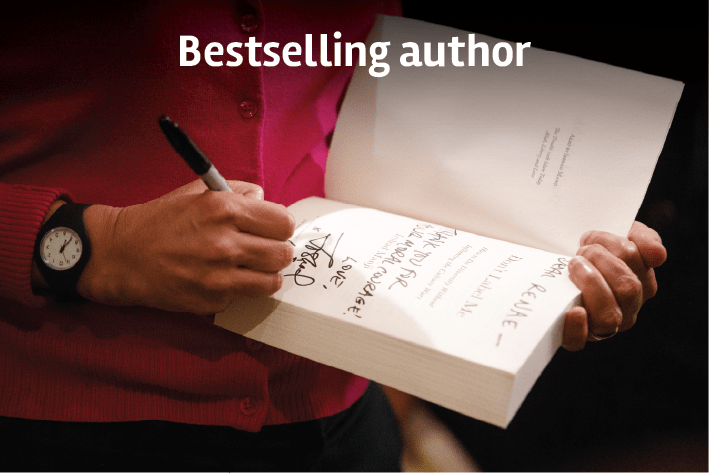
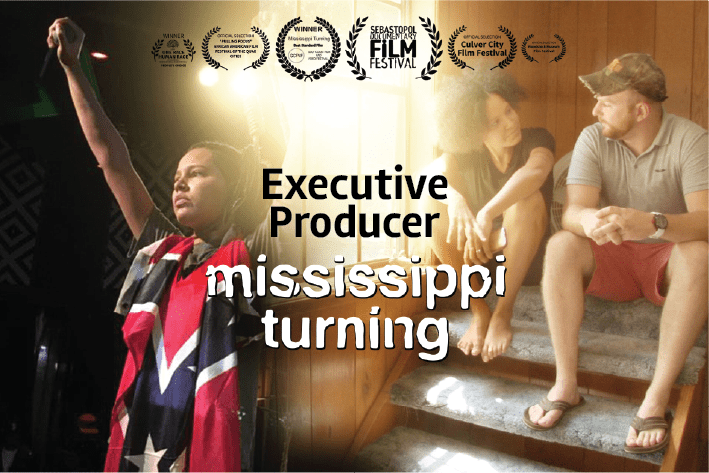
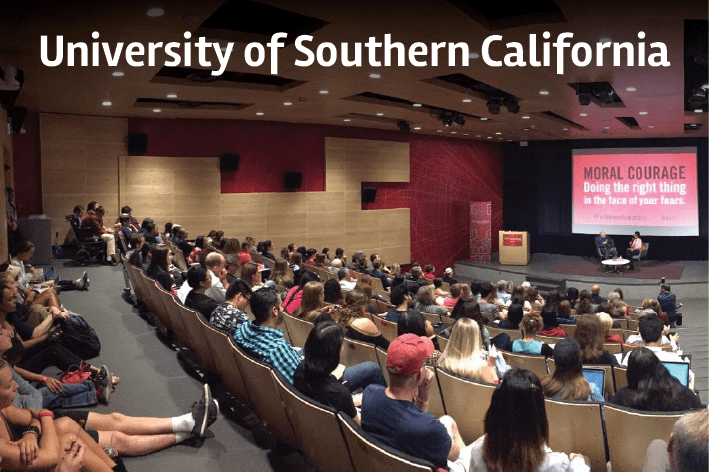
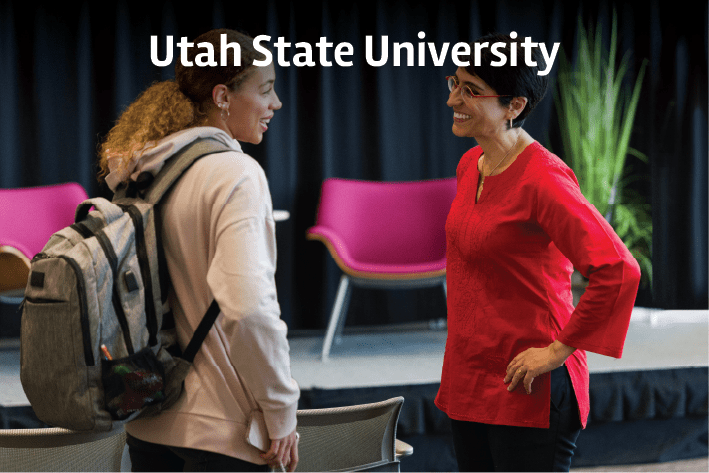
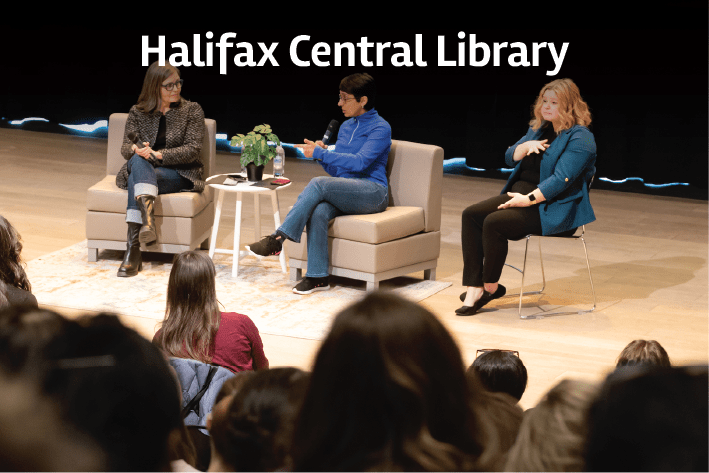
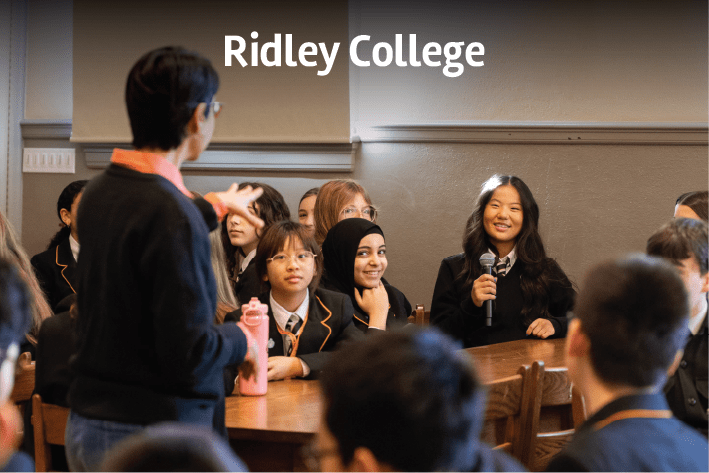
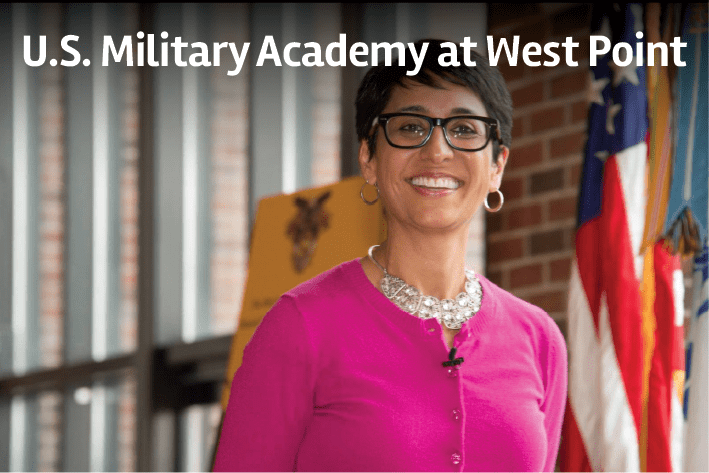
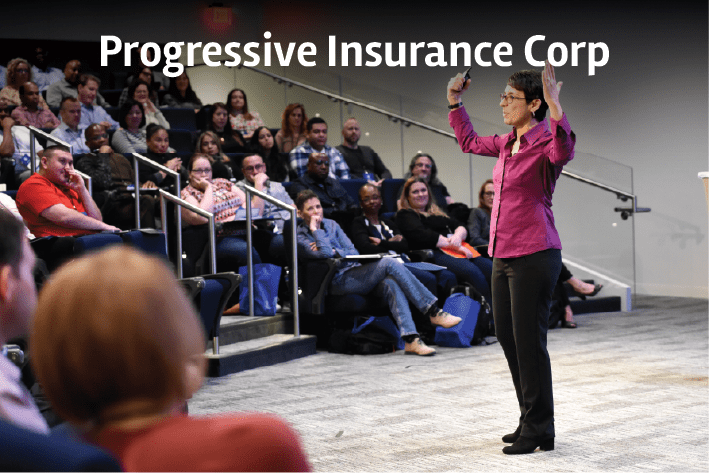
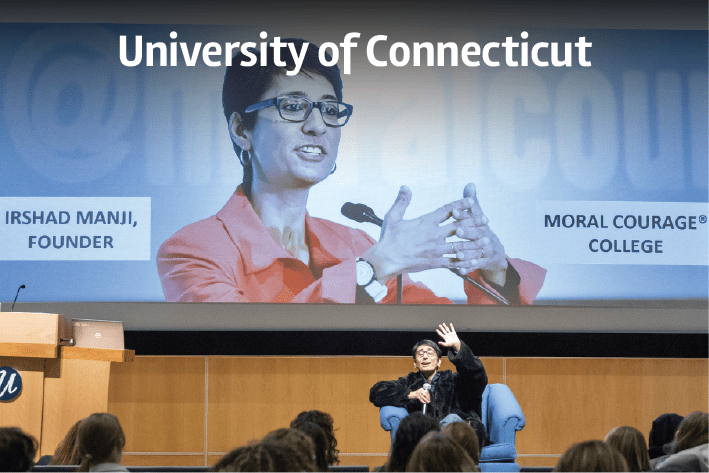
Prof. Irshad Manji:Moral Courage to Heal Divisions and Unite People
Acclaimed educator, New York Times best-selling author & founder of Moral Courage College
Dr. Shevon Davis-Louis
University School of Nashville
Every day, I use at least one of the Moral Courage skills that Irshad taught me and I’ve watched my colleagues do the same. In my 30+ years of evaluating impact, I can honestly say that her teachings are at the top.
Annemarie Schaefer
VP of Business Intelligence
Society for Human
Resource Management
Society for Human
Resource Management
Irshad’s message electrified our students. Their standing ovation said it all.
Heidi Kasevich
The Nightingale-Bamford School,
New York
New York
A single skill taught by Irshad is working wonders not only to improve dialogue with my officers, but also to de-escalate intense situations. It has now become a natural practice for me.
Deputy Chief Victor Green
Kalamazoo, MI Police Department
My biggest takeaway from Irshad is that empathy is essential to innovation. Sincere listening means learning something new, the key skill for leading truly transformative teams.
Marianne Copock
CEO, The Stelter Company
Anyone can talk about leadership but Irshad does it. She has inspired us to launch a Moral Courage Task Force that is student-led and solutions-oriented.
Rob Moore
Lawrence Academy, Groton, MA
Over the decades that we’ve been planning events, rarely have we seen such a captivating speaker.
Susan Engel
92nd Street Y, New York
Irshad spoke on-stage with His Holiness the Dalai Lama. He, in turn, picked up on her central message — that asking questions is a basic human need — and he reinforced it with the audience. That is how dynamic a communicator Irshad is.
Sam Nappi
Common Ground for Peace
